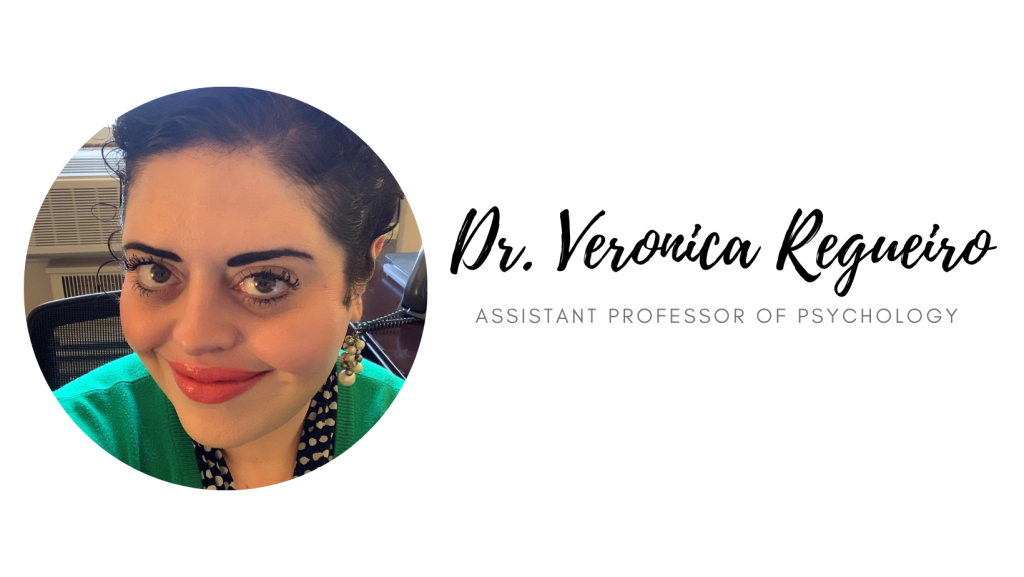Loving Our Neighbors as We Love Ourselves – Part 3

Hello again, and welcome back to our three-part exploration of autism spectrum disorder (ASD) as a diagnosis, as well as how we can all live alongside our neurodivergent neighbors in a way that is honoring and accepting of who they are and how they may interact with us. Read Part 1 and Part 2 here!
As mentioned during our first installment, we can begin living alongside our neighbors with ASD by first understanding the diagnostic criteria an individual must meet to be diagnosed with ASD and how those criteria may manifest. It is crucial to understand that, as it is currently understood and diagnosed, ASD is a disorder that primarily impacts social interactions. Diagnostic criteria are broken into two categories with associated subsections. During our last two installments, we reviewed the diagnostic criteria for ASD as well as some practical implications for how those criteria might manifest.

Today, we will focus on what it might look like, in practice, to love our neighbors who meet criteria for an ASD diagnosis the way we love ourselves – in essence, what it might look like to accept and honor neurodiversity in a way consistent with scriptural teachings regarding the fruit of the spirit, especially love. In his letter to the Galatians, Paul tells us that the fruits of the Spirit are love, joy, peace, patience, kindness, goodness, faithfulness, gentleness, and self-control. In his letter to the Corinthians, he tells us that love is patient and kind and that love endures all things and hopes all things. In practice, these fruits, especially love, look like accepting and embracing neurodiversity – creating inclusive and accommodating academic settings at all levels of education for individuals with ASD and also creating inclusive and accommodating work environments for individuals with ASD. The manifestation of these fruits also looks like creating social spaces for individuals with ASD, if social engagement is wanted – but not forcing social engagement if social engagement is not preferred. It looks like taking a deep breath and striving to demonstrate patience when a neighbor or loved one wants to discuss their restricted interest for the 547th time and allowing that same neighbor or loved one to engage in the self-care/self-soothing strategies that work best for him or her even if those strategies may seem somewhat odd to us or be somewhat socially unacceptable. It looks like allowing autonomy and self-determination within the bounds of safety – instead of creating artificial control. It looks like allowing freedom of expression without fear of judgment and focusing on the gifts an individual might be able to contribute to a team or group instead of forcing that individual to be someone other than who they are for the simple person of having them “fit in.” As Paul Collins once wrote, “Autists are the ultimate square pegs, and the problem with pounding a square peg into a round hole is not that the hammering is hard work. It’s that you’re destroying the peg.”

Ultimately, the decision to reject neurodiversity – to force others to act in certain ways simply because those ways are perceived as “normal” and “socially acceptable” – can send the message that how a person plays, socializes, and soothes themselves is more important than how that person feels or who that person is. That message, in turn, can leave a person feeling alone, isolated, and unwanted. We know from Paul’s letters and from the life of Christ that both intentionally and unintentionally isolating and rejecting others reflects our own selfishness and fallenness and that love invites – it does not exclude.
We all benefit from exposure to those who differ from us. We all benefit from hearing different perspectives and engaging with those with different worldviews. Our communities and societies benefit when individuals who experience the world in different ways come together to share ideas. Our experiences as embodied human persons differ from individual to individual – and the glory of God as manifested in His created image bearers can only be fully realized when we recognize that each individual has a gift to offer the world, even if that gift feels unexpected or looks different from what we expected. The invitation to you, as we approach the end of April, is to actively look for the gifts that can be found in your neighbors and loved ones with ASD – honor the image of God in them and love them by ensuring you are not forcing them to be who you think they should be. Rather, create spaces where your neighbors and loved ones with ASD can be themselves and give thanks for the gift of diversity – and how diversity ultimately demonstrates the goodness of God and calls us, His image bearers, to be the best versions of ourselves we can be while sharing His love with the world around us.

0 Comments